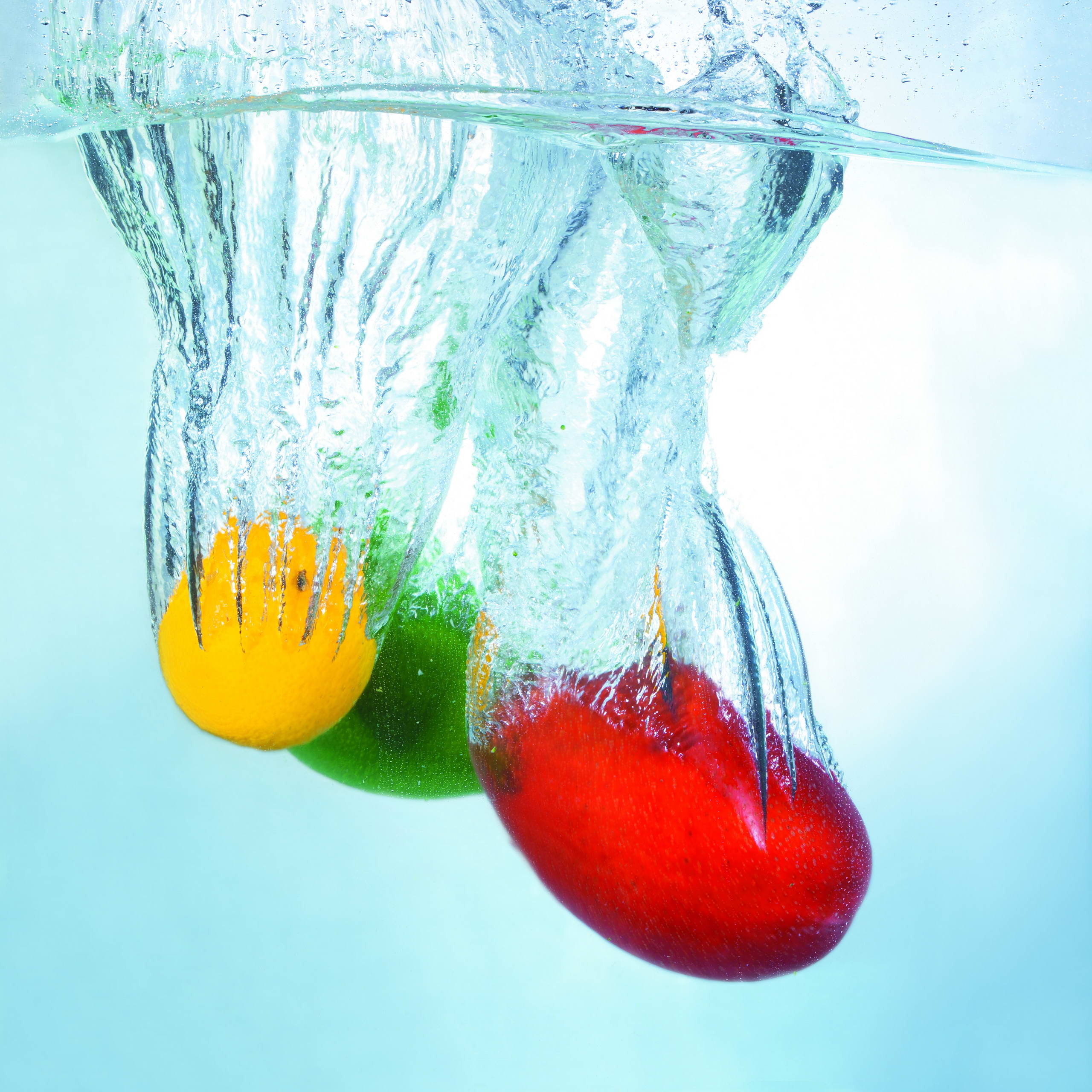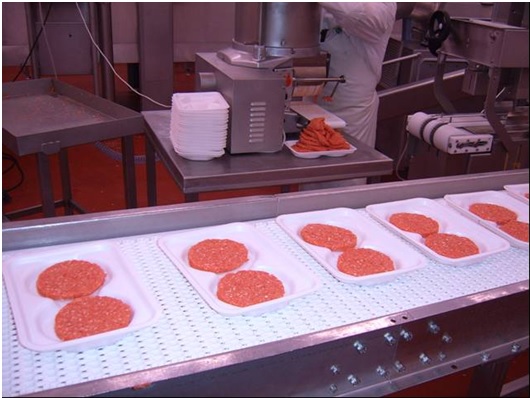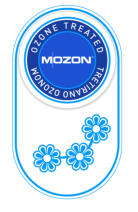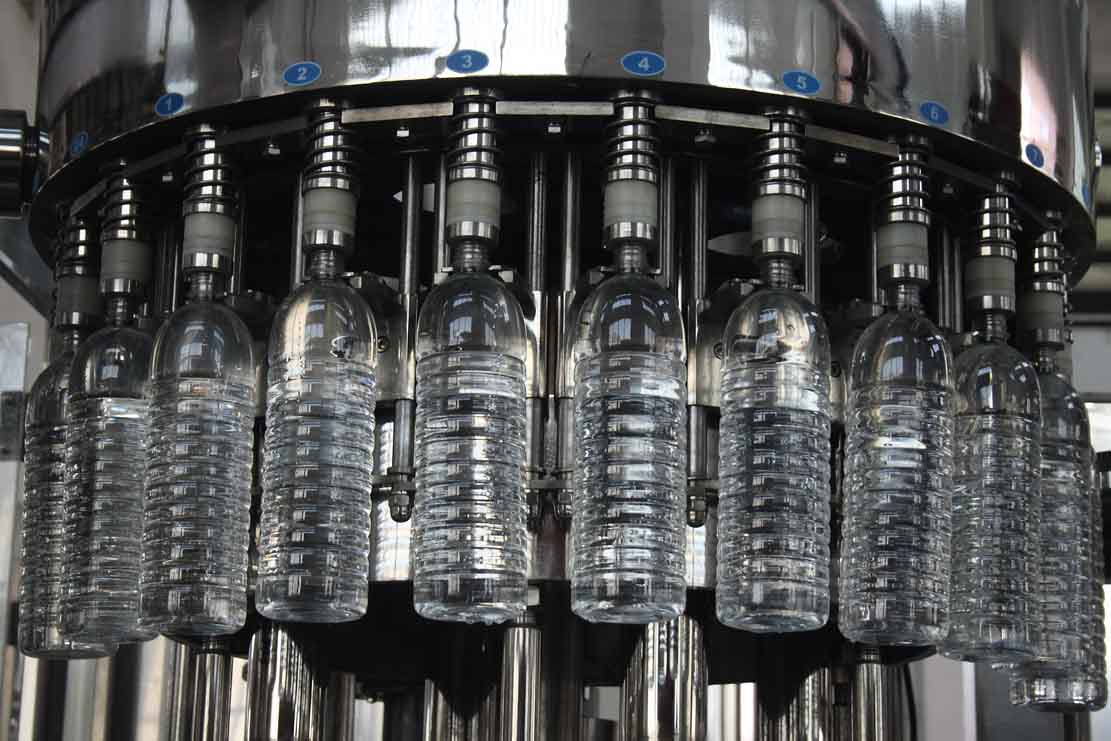The use of ozone in the sector of beverages
(wine, beer, soft drinks and mineral water) reduces
or eliminates the flushing process with drinking
water and prevents excessive use of water, reduces
organic matter in rinsing water, prevents the formation of trihalomethanes and improves the operation efficiency of the wastewater treatment; it is corrosion-free and disinfecting system without odors, which are eliminated.
The water used in the food and beverage industry (e.g. for washing fruits and vegetables, to dilute fruit juices or beer production, for the production of soft drinks and table water) must be free of harmful microbiological agents or certain minerals to ensure consistently high quality of certain products. Unwanted tastes or odors in water may also affect later on a negative perception of the product.



Ozone can be used for:
• Disinfecting tape for filling and bottling
• Disinfection of storage tanks and tank
• Disinfection of bottles before filling
• Purification of wastewater
• Wash or disinfect surfaces such as floors, walls and ceilings
• Wash fruits used for the production of fruit juices in order to destroy pesticides, micro toxins (patulin), bacteria, fungi, viruses
• Disinfection of water up the used for the transport of fruit
• The processing of apple concentrate or other semi- manufactured products instead of or in addition to pasteurization
Especially in oenology ozone can be up the used for:
• Disinfection and disinfestation of space for drying grapes
• Processing Barrique ‘s
In short, the benefits for the wine sector (which can be applied to the beverage sector as a whole) can be summarized as follows:

Regarding the treatment charging bottles machines, comparing peracetic acid with ozonated water tests have proven that there is a difference in the reduction of the average two orders of magnitude in favor of treatment with ozone, which in many cases leaves no traces of the bacteria. Percentage destruction of traces of bacteria is up to 99,999%! It has been shown also that ozone is effective on bottles as well, after a few seconds of washing. Conservation of grapes has shown that clusters that are in the microporous packaging at a temperature of 0 ° C at a low concentration of ozone, maintain to be fresh and not dissolving the same as those treated with sulfur dioxide, and even four times the those without treatment.
• Simpler processes
• Conserving water
• Saves electricity (in cases where they used steam or hot water)
• Saves time
• Reduces usage of chemical products (such as peracetic acid)
• The elimination of odors
• Reduces contamination of wine or changes in vinification process and conservation due to accidental contamination (and reduce rejects)
